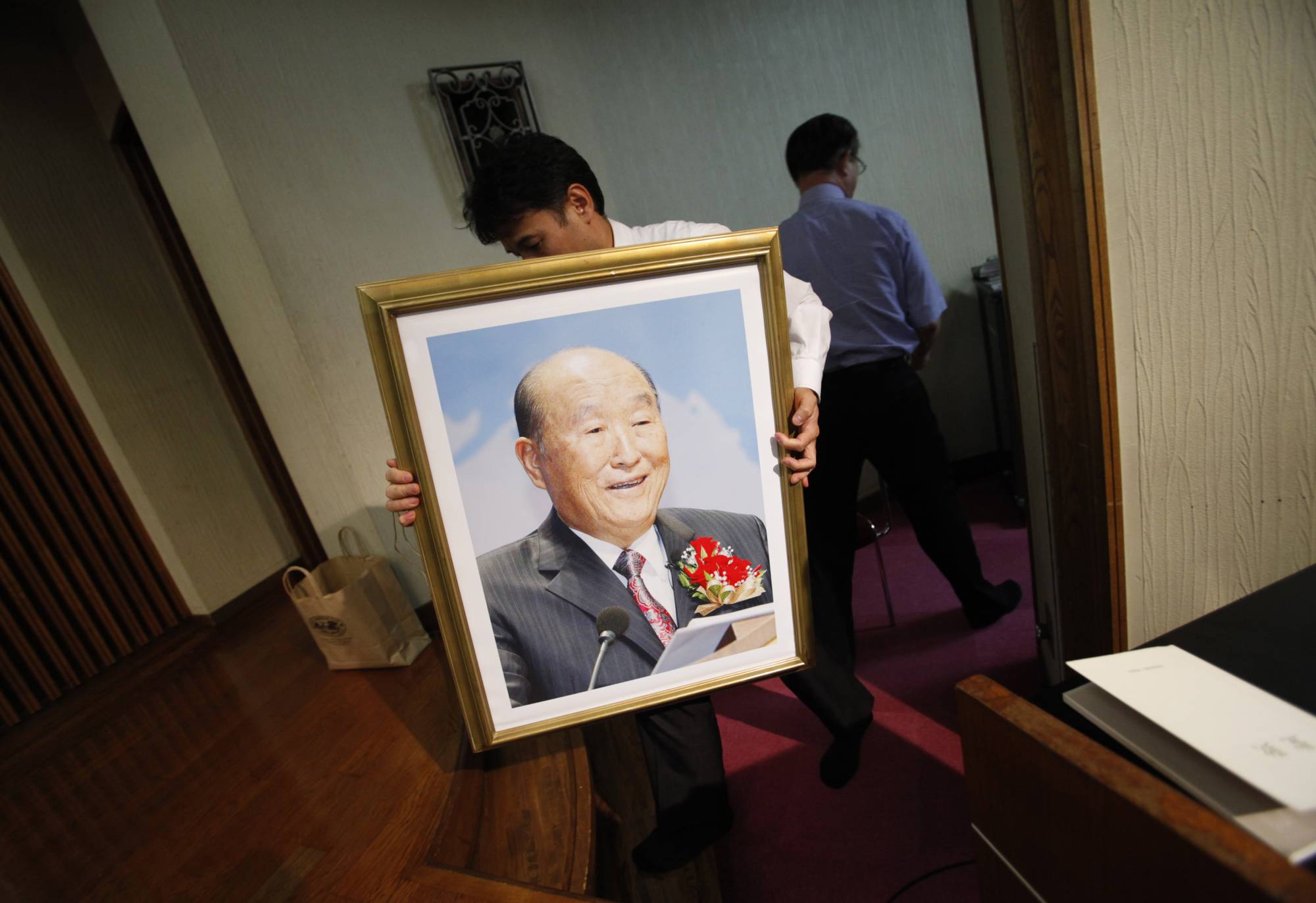In anticipation of more complaints from victims of the controversial Unification Church, the government said Thursday it will coordinate between ministries and agencies to support people with grievances against the religious group, with plans to launch a campaign next month for victims so they can seek advice over their problems.
On Thursday, senior officials from the Justice Ministry, Cabinet Secretariat, National Police Agency and Consumers Affairs Agency held their first meeting to discuss the group, agreeing to hold the campaign for about a month from early September, with full details yet to be hammered out.
“It is important to heed the voices seeking help and offer relief,” Justice Minister Yasuhiro Hanashi said. “I’ll ask the ministries to handle it speedily.”



















With your current subscription plan you can comment on stories. However, before writing your first comment, please create a display name in the Profile section of your subscriber account page.